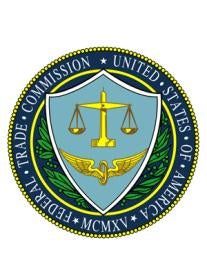Though adapting to your surroundings can be an admirable quality, the Federal Trade Commission (FTC) considers advertisements that “go native” to be deceptive. On Dec. 21, the FTC released its much anticipated “Enforcement Policy Statement on Deceptively Formatted Advertisements” regarding native advertising.
Native advertising is an advertisement that is dressed up to look like, or mimic, editorial content. The ads can appear in a wide variety of forms, including written narratives, videos, infographics, images, animations, in-game modules, and playlists on streaming services. This formatting blurs the distinction between advertising and non-commercial content, meaning the design, style, and behavior of the digital media is copied such that an ad is indistinguishable from its surroundings.
Though “going native” seemed like a great way to make advertisements blend more fluidly with their surroundings, it is, and always has been, misleading to a reasonable consumer. The FTC has long held the view that advertising and promotional messages that are not identifiable as advertising to consumers are deceptive if they mislead consumers into believing they are independent, impartial or not from the sponsoring advertiser itself.
The FTC simultaneously released “Native Advertising: A Guide for Business” to help companies understand, and comply with, the FTC’s policy statement. This guidance provides examples of when disclosures are necessary to prevent deception and how to make clear and prominent disclosures within the format of native ads. The highlights are:
- An advertisement or promotional message shouldn’t suggest or imply to consumers that it’s anything other than an ad.
- Some native ads may be so clearly commercial in nature they are unlikely to mislead consumers even without a specific disclosure. In other instances, a disclosure may be necessary to ensure consumers understand the content is advertising.
- If a disclosure is necessary to prevent deception, the disclosure must be clear and prominent.
In a nutshell, this FTC guidance follows long-standing truth-in-advertising principles, which is that advertisements and promotional messages that promote the benefits and attributes of goods and services should be identifiable as advertising to consumers.




 i
i


